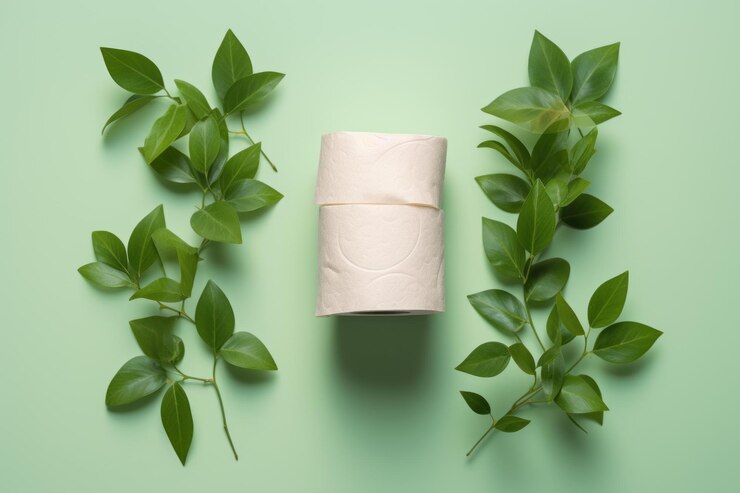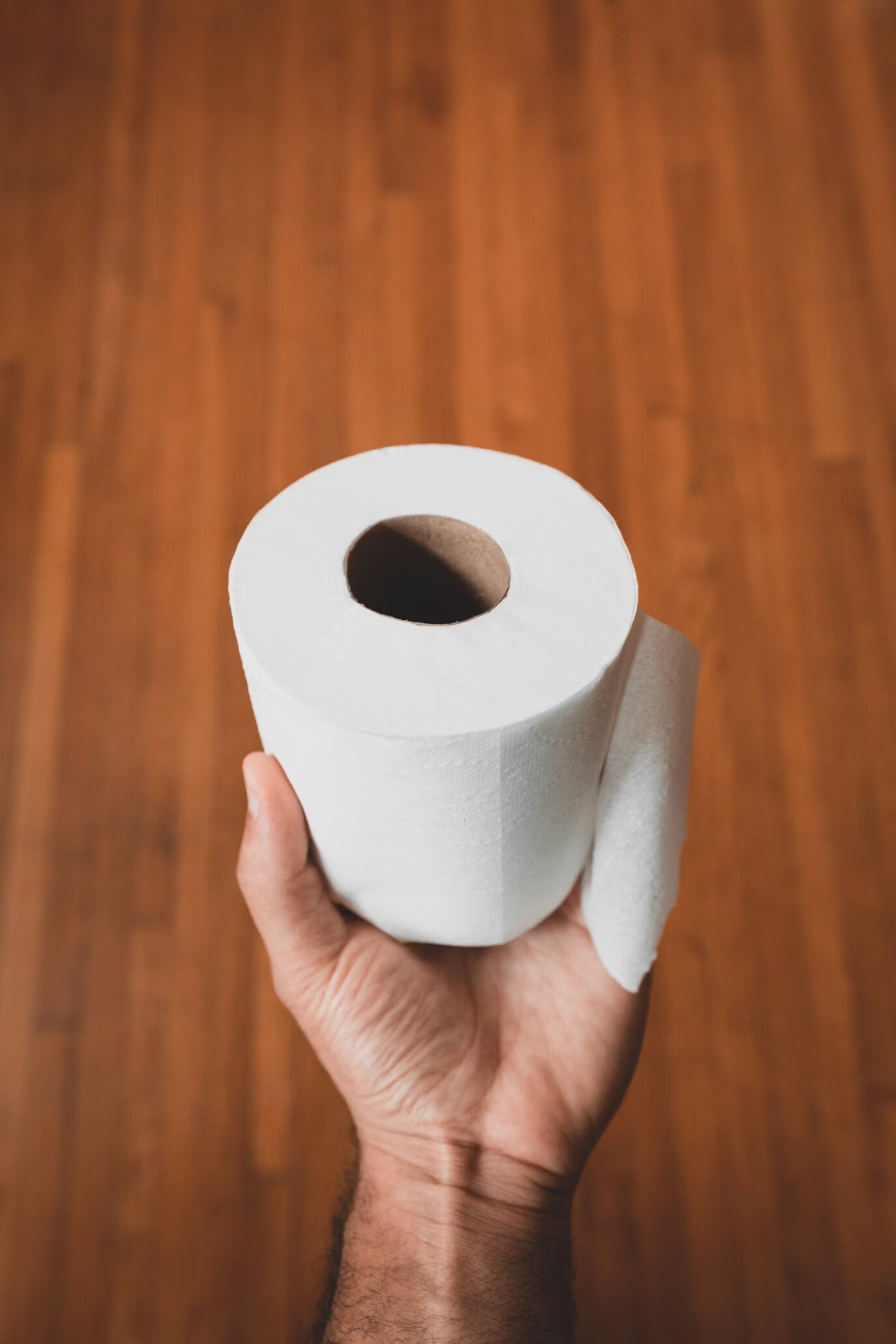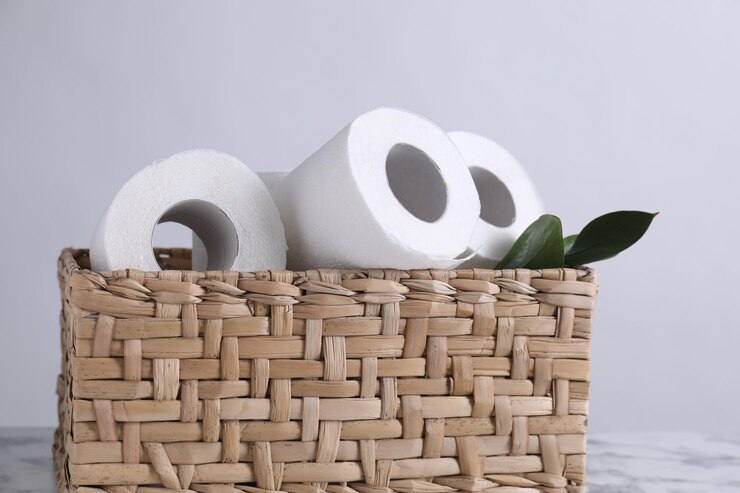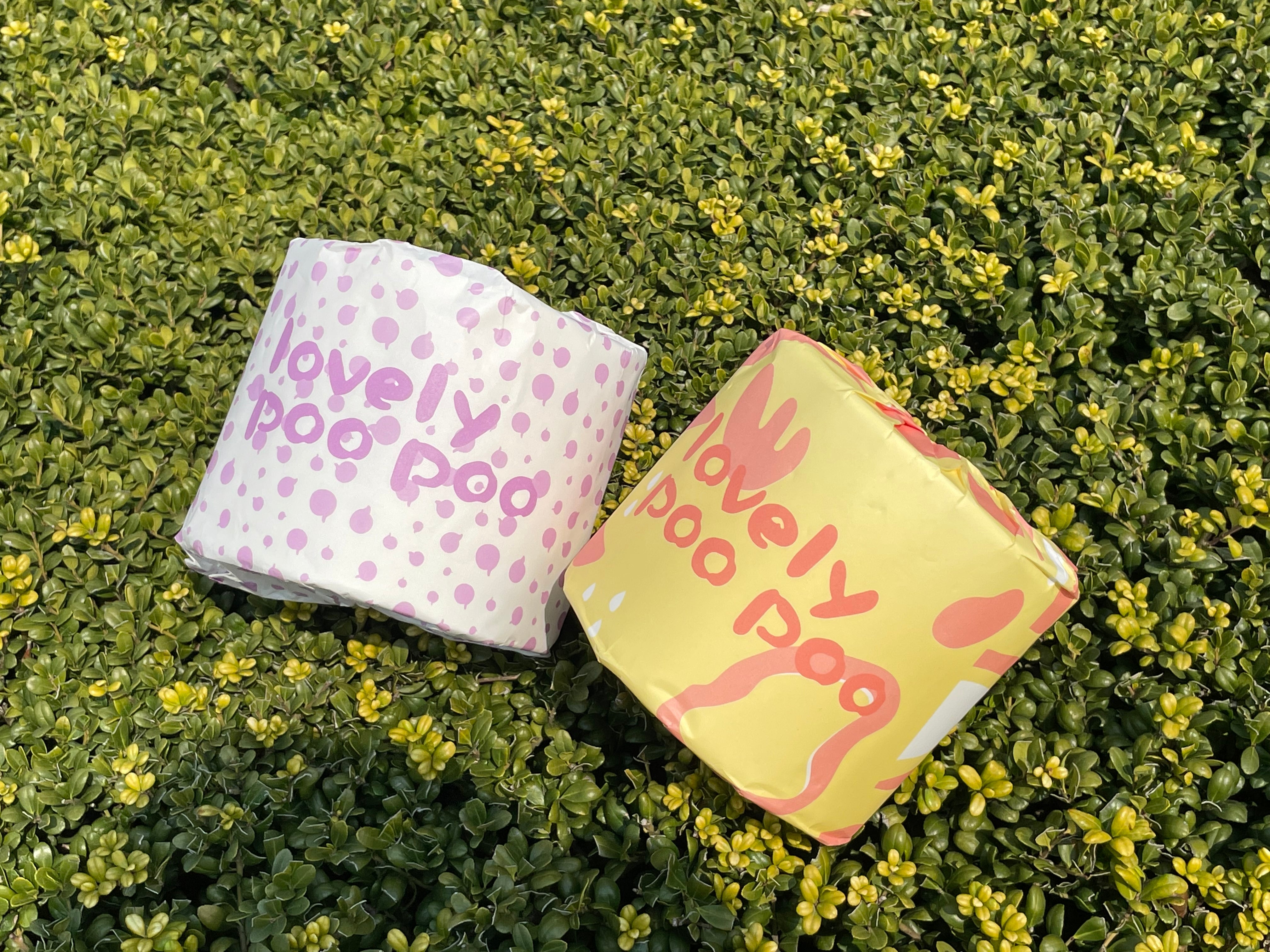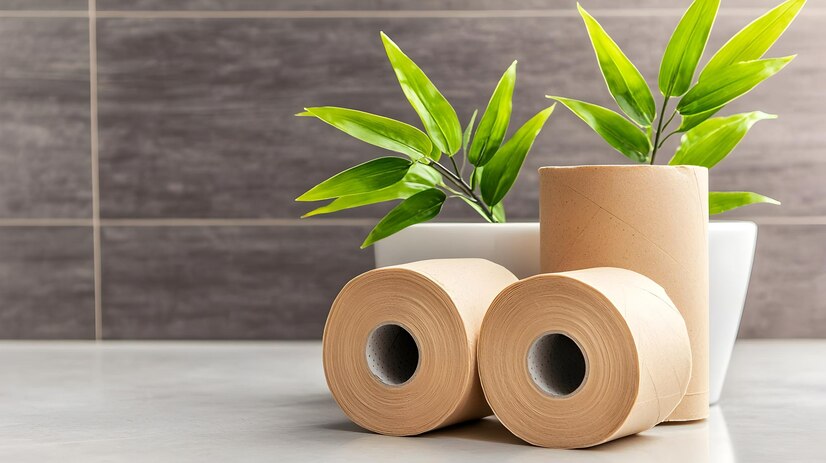We have talked a lot about the lack of sustainability in paper production. We must transform the green, low-carbon, and recyclable characteristics of the paper industry into industrial development advantages, and form a more scientific and reasonable circular economic system throughout the cycle. The industry can develop sustainably. The level will definitely continue to improve, and the social image will definitely be recognized by all aspects of society.
How can something as small as toilet paper cause so much damage?
Although the paper looks white, there is some low-quality toilet paper in it, which is contaminated. The sterilization work in inferior toilet paper is not complete, and chemical components such as essence, bleach, and disinfectant on wet wipes will remain on the paper towels. During use, high-quality wet wipes are lint-free, while inferior wet wipes have obvious fluff and have a pungent smell. When you think about a fast-moving consumer product like this, it's something that is used in almost every household in America every day.
So if you know all of this and want to be more eco-friendly in your choices, you're in the right place.
Alternatives to toilet paper in different cultures
Nowadays, traveling abroad is very common, and what I want to tell you today is to do as the Romans do. When you go to a new country, it is best to understand the toilet habits of the locals first, so as to avoid embarrassment and be a quality and civilized tourist. After all, toilet culture is different in every country. Let's take a look at toilet paper alternatives in different countries or cultures.
- In most Western European countries, locals are accustomed to using a bidet, which is a water sprayer that stands next to the toilet and is used for personal hygiene. In public restrooms where paper towels are not plentiful, washing with water is more hygienic and cleaner. Many will also include toilet paper options, the closest thing in the world to what America is used to. In some big cities in Europe, it is very common to pay to use public toilets. Even if it is free to enter, the toilet attendant will charge a tip, or let you pay for toilet paper.
- In most African countries/regions, toilets in Africa do not have flushers, let alone toilet paper, only faucets and buckets. You need to collect water to flush the toilet yourself and use water to clean your buttocks.
- In many countries, it is best to develop the habit of bringing your own toilet paper, especially China or South Korea, where the storage of paper towels in public toilets is often not sufficient. Just in case, it is recommended to carry facial tissues or small packets of toilet paper with you. In some countries in Asia, it is more customary to use squatting toilets in public toilets. Local people feel that this is healthier and cleaner. If you have a pedal flush, remember to use it after using the toilet.
The 3 Best Toilet Paper Alternatives to Choose From
#1 Reusable Toilet Paper
The third option on the list is to switch to reusable toilet paper options, such as upcycling cloth or old clothing into small toilet paper cubes. The use method of this "toilet paper" is almost the same as that of ordinary toilet paper, except that it needs to be washed after use. It is "washable, reusable, and takes up little space." This option is a big step in changing your bathroom habits, but the truth is that it greatly reduces the impact of your swapping out traditional toilet paper. Reusable diapers are more widely accepted, so why not reusable toilet paper? For this - the main hurdle is actually creating a system for cleaning and conditioning wipes. Once you've established and outlined it, introducing it is a very low-cost and low-impact habit.
#2 Bidet
Bidets are probably the second most popular alternative to traditional toilet paper. This will be a slight variation in routine and practice, but it is a very common practice in many parts of the world. The bidet has another name called a bidet. It is characterized by a pelvic cavity connected by a large circular cavity with a rim and a small semicircular cavity, and the lower part is connected with a cone-shaped basin seat. The advantage of the bidet is that the bidet is comfortable, the washing is convenient, and the water is not easy to splash when bathing. For women, especially middle-aged and elderly people, pregnant women or patients who have been pregnant for more than three months, it is convenient to sit and stand, and avoid the trouble of squatting for a long time. Depending on the type of setup you have, adding a bidet to your bathroom can get quite expensive. But there are also cheaper options, such as ones that can be attached to existing toilets when available.
#3 Tree-Free Toilet Paper
For many people accustomed to traditional toilet paper, tree-free toilet paper will be the easiest transition. Tree-free toilet paper is made from sustainably grown bamboo, made from bamboo fibers, making our bamboo toilet paper a sustainable, eco-friendly alternative to traditional tree-based bath towels.
Biodegradable toilet paper for all disposal systems such as RV and marine sanitation. Great fast dissolving RV toilet paper for campers and boats.
Soft, strong 3-ply toilet paper that gives you the perfect combination of bamboo's strength and soft fibers. This option uses alternative fibers, such as bamboo toilet paper or recycled paper, but is still high-quality toilet paper you can rely on. However, be sure to check product reviews before buying. Some tree-free alternatives are not premium toilet paper and may not be a good transition from what you are used to.
Make a real sustainable difference with adorable Poo Poo Bamboo Paper
If you can't stop using toilet paper completely, then consider the thickness of the toilet paper. Next time you go shopping, decide whether to buy 1-ply VS 2-ply or 3-ply toilet paper. It's even more important to incorporate more sustainable habits into your lifestyle
For example, if you have babies, consider using washable cloth diapers instead of buying regular diapers. When you're cleaning countertops, tables, or any other flat surface in your home, use recycled paper towels made from 100% bamboo paper. Be confident in your sustainability by purchasing our tree-free paper products, which fight deforestation by reusing existing paper materials and tree alternatives like bamboo.



